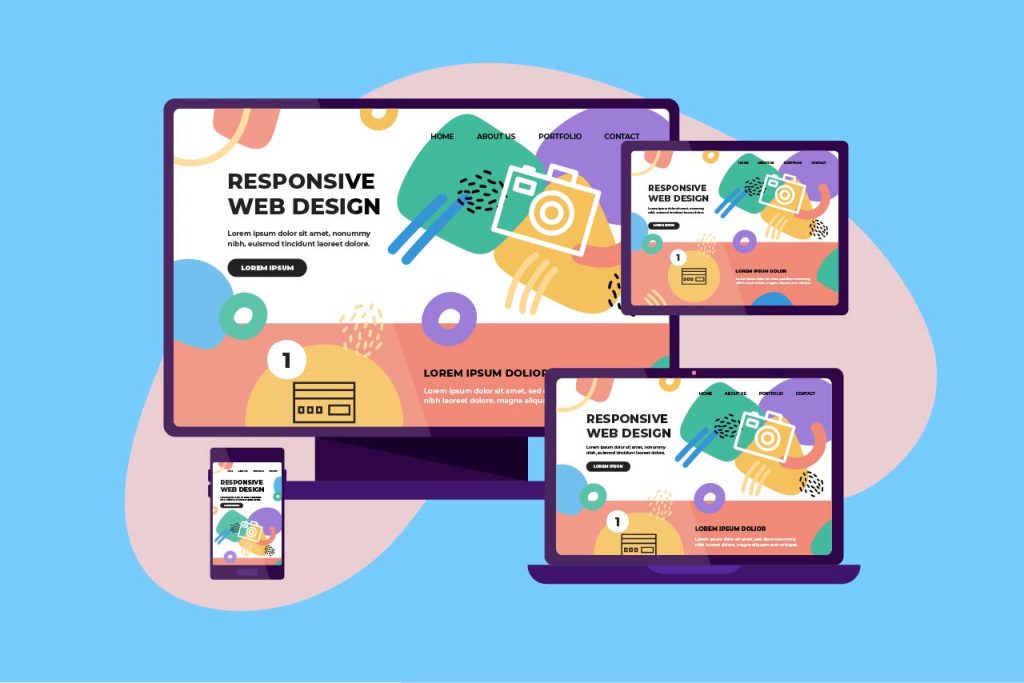Responsive web design, a dynamic approach to website development, brings forth a multitude of advantages. By seamlessly adapting to various screen sizes and devices, it ensures optimal user experience and accessibility.
Let’s explore some of the key benefits that responsive design brings to the forefront:
Enhanced User Experience
Responsive design ensures that your website looks and functions well across various devices and screen sizes. Users can access your site seamlessly from desktops, laptops, tablets, and smartphones, providing a consistent and optimized experience regardless of the device they’re using.
Increased Reach
With the proliferation of mobile devices, responsive design enables your website to reach a broader audience. By catering to users on smartphones and tablets, you can tap into the growing segment of mobile internet users and expand your reach.
Improved SEO Performance
Responsive design can positively impact your search engine optimization (SEO) efforts. Search engines like Google prioritize mobile-friendly websites in their rankings, so having a responsive design can lead to higher visibility and better search rankings for your site.
Cost-Effectiveness
Maintaining a single responsive website is more cost-effective than developing and managing separate websites for desktop and mobile users. With a responsive design, you save time and resources on development, maintenance, and content management.
Faster Loading Times
Responsive websites are optimized for performance, which can lead to faster loading times compared to non-responsive sites. Improved loading speed enhances the user experience and reduces bounce rates, increasing the likelihood of visitor engagement and conversions.
Easier Maintenance
Managing a single responsive website is simpler and more efficient than maintaining multiple versions for different devices. Updates, content changes, and bug fixes can be implemented across all devices simultaneously, streamlining the maintenance process.
Future-Proofing
Responsive design adapts to the evolving landscape of devices and screen sizes. As new devices with varying resolutions and form factors emerge, your website will remain accessible and functional, ensuring its longevity and relevance in the long term.
Consistent Branding
A responsive design ensures that your brand identity remains consistent across all devices. Consistency in branding elements such as colors, logos, and typography reinforces brand recognition and trust among users, regardless of the device they’re using.
Competitive Advantage
In today’s digital landscape, having a responsive website is no longer just a bonus—it’s a necessity. By embracing responsive design, you gain a competitive advantage over competitors with non-responsive or poorly optimized websites, attracting and retaining more visitors and customers.
Overall, responsive web design offers a host of benefits that contribute to a better user experience, improved search visibility, cost-effectiveness, and long-term success for your website and business.
